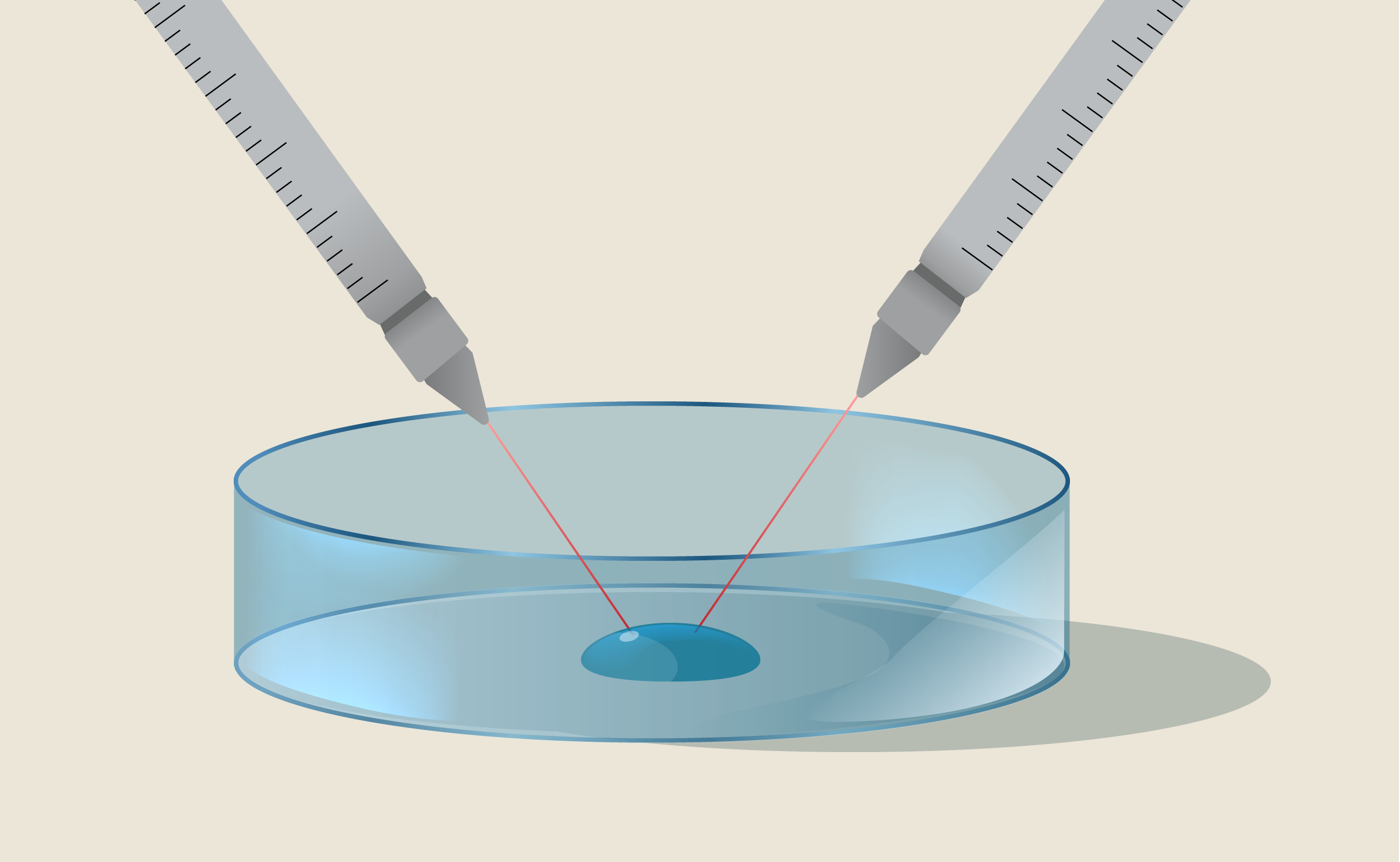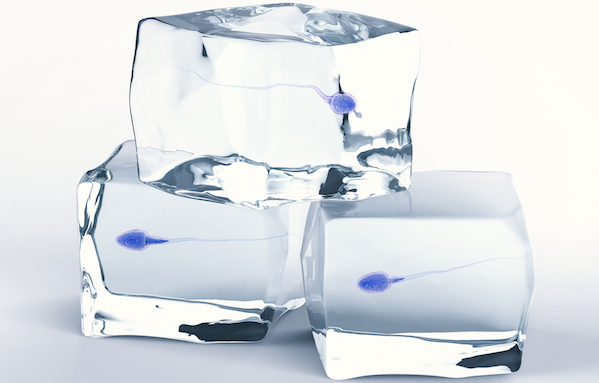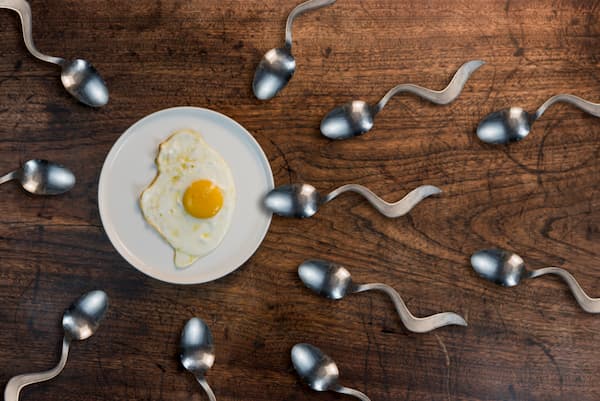What does the clinic do?
Sperm banking, semen banking or cryopreservation? They all mean the same thing. Cryopreservation is the process of freezing tissue for use at a later point. In the case of sperm cryopreservation, a man’s semen is frozen for future use. A sperm cryobank is a facility which collects, stores and freezes the sperm. There are no physical risks or side effects to banking sperm. Costs for sperm banking vary depending on your geographic location, your cause for banking (medical vs. personal), the clinic you choose and how long you store your sperm for.
- The clinic takes special care to store sperm. Each vial of sperm is labeled with a unique number. To avoid contamination, these vials are kept separately from other sperm and will not be in direct contact with others’ sperm.
- There is no real-time limit on how long sperm can safely be stored, but most clinics suggest a period of 10 years.
- After ten years, you can ask to store your sperm for a longer period of time; your clinic should contact you before removing it from storage.
- Usually, the clinic will contact you every year to make sure you want to continue storing your sperm. Depending on your insurance coverage, they may also charge you a storage fee at this time.
- You can remove your sperm from storage at any time.
- It can be destroyed or donated to science. You can do this by signing a form to request your sperm be removed from storage.
- If you no longer wish to bank your sperm, it is recommended that you contact the sperm bank rather than just letting your payments lapse. If you don’t pay the annual banking fee, the sperm bank may dispose of your sample.
- Keep in close contact with your sperm bank. Make sure that you notify them of any changes of address or contact information. This is important in case they need to bill you or tell you about changes in their storage policies.
I’m ready to use my sperm – now what?
- When you are ready to use your sperm, your sperm will be thawed.
- Thawing is usually done for 5 minutes, followed by storing the sperm at 37°C for 10–15 minutes before insemination.
- Thawing can produce some damage to the sperm, including impaired sperm motility and damage to the structure of the sperm. This may make it harder to conceive. For this reason, depending on the quality of the sperm after it is thawed, your fertility team may recommend ICSI to give you a better chance of success.
- Reproduction is not an exact science, as it is dependent on many factors, including the quality of the egg and sperm.
- Once you are ready to have a child, you may first want to undergo a semen analysis to see if you need to use the frozen sperm.
- If the results indicate that the sperm are not high quality, the clinic may recommend that you thaw your sperm for use in either intrauterine insemination (IUI) or in vitro fertilization (IVF) with or without intra-cytoplasmic sperm injection (ICSI). Click here to learn more about Assisted Reproductive Technology such as IUI, IVF and ICSI.










